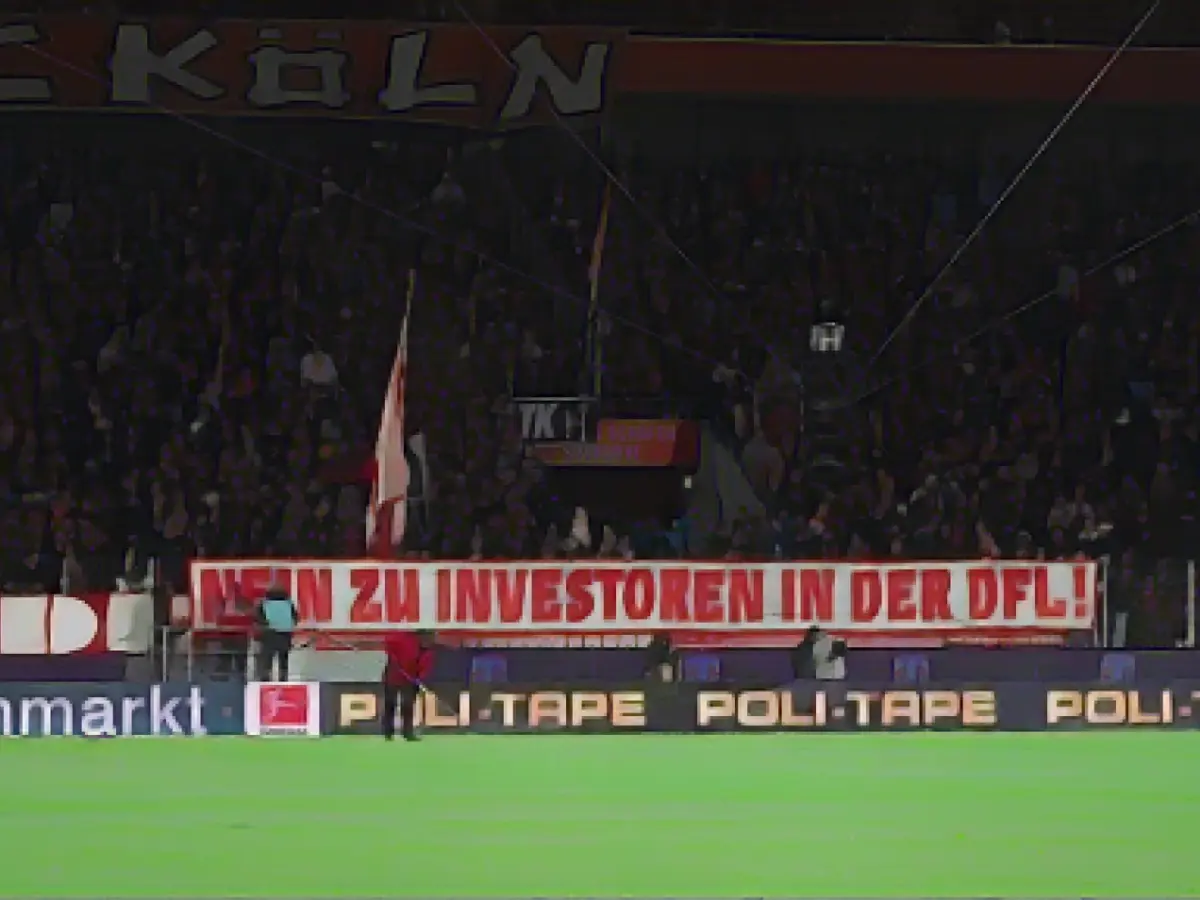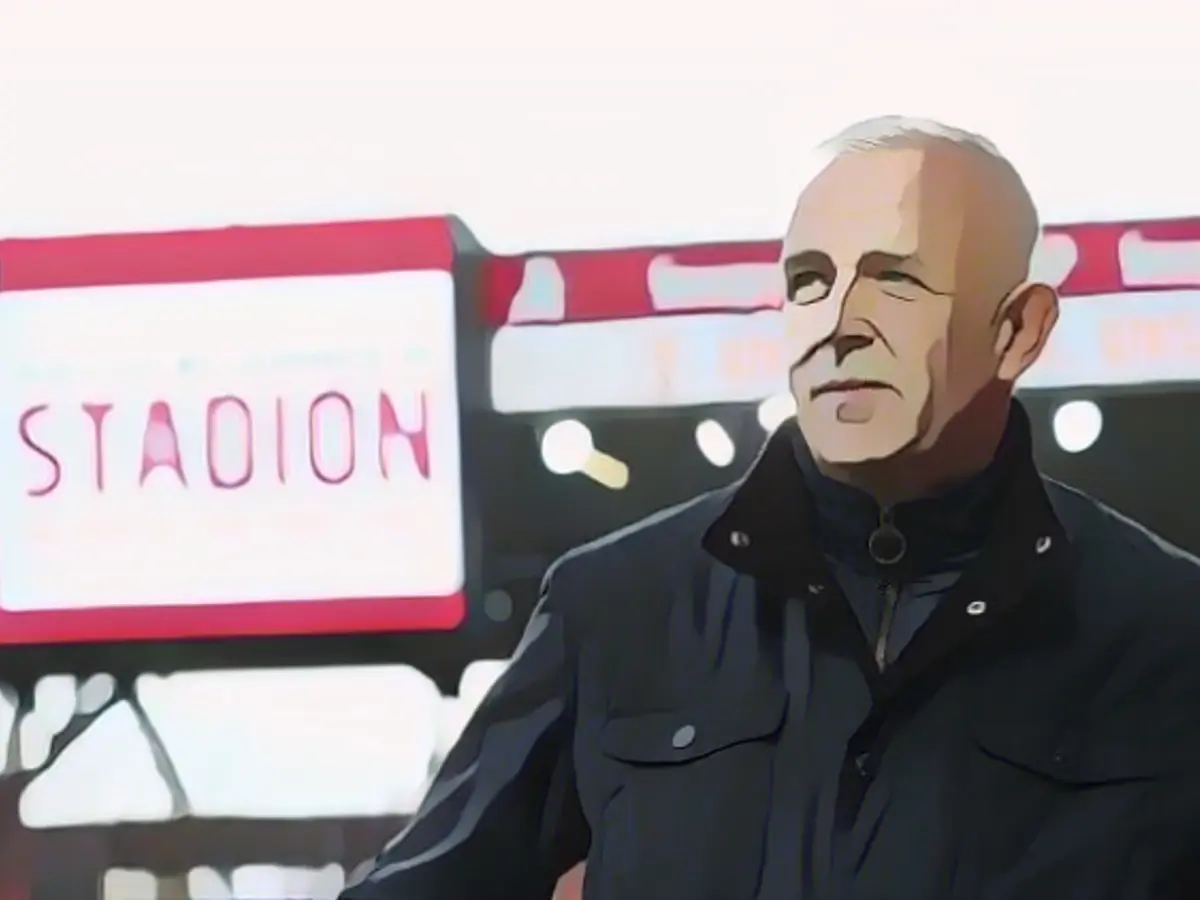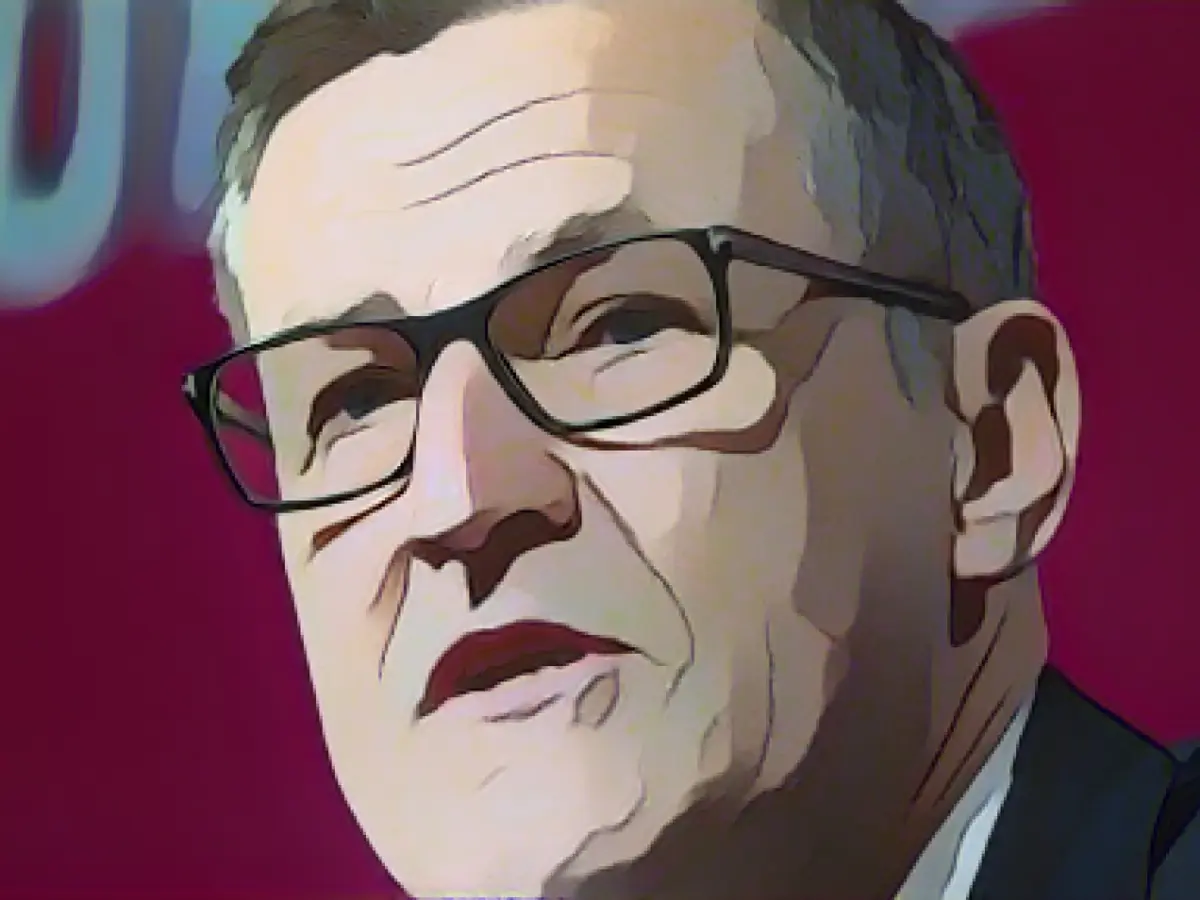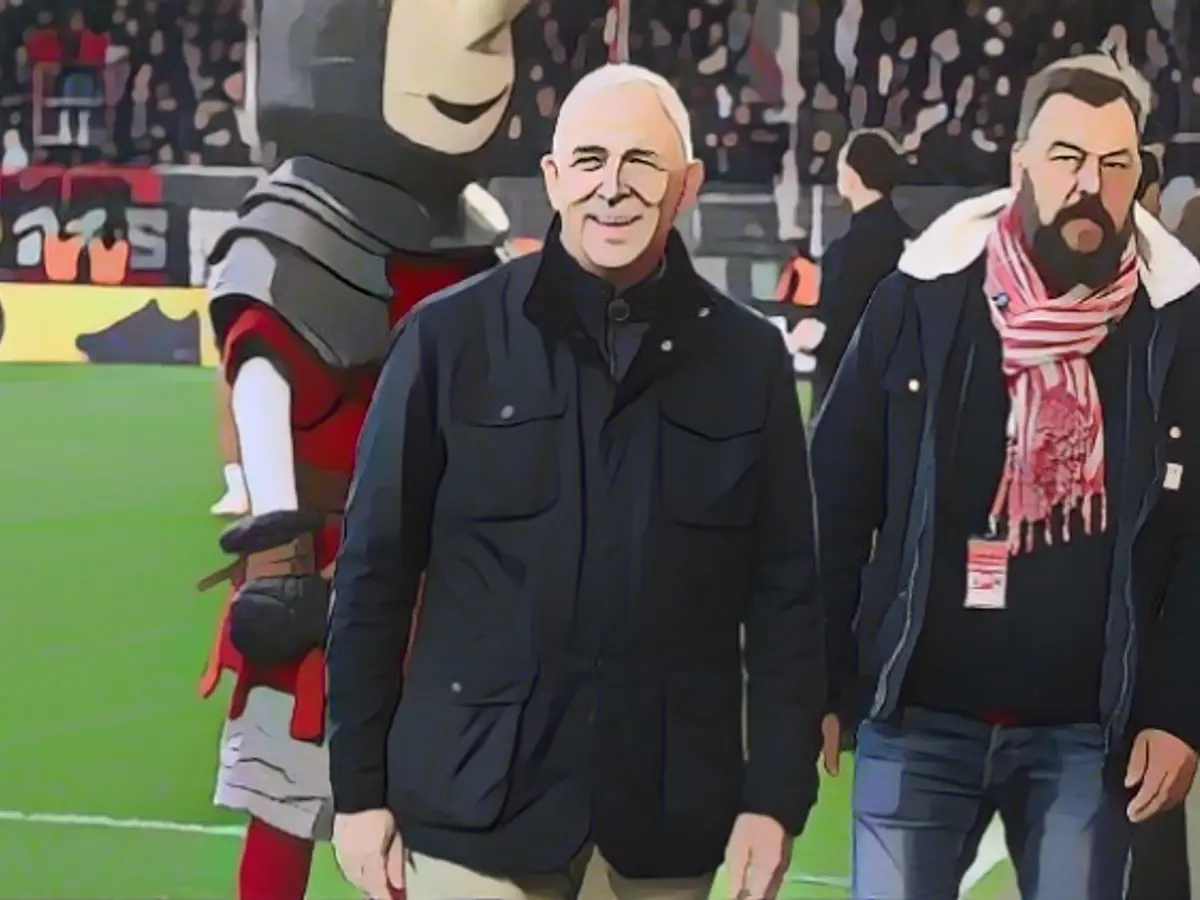Fans Slam DFL Decision to Sell Media Shares to Investor - Ex-Pro Richard Golz: "Bundesliga Becoming Less Exciting"
The world of soccer is abuzz as fans express their outrage over the DFL's decision to sell the media shares of Germany's Bundesliga to an investor. Ex-pro Richard Golz weighed in on the matter, stating that the move could make the Bundesliga less exciting.
Has Soccer Died After DFL's Sale Decision? No, we are far from that. The truth lies in the middle, as always. The clubs desperately need investment and are under intense competitive pressure. But there are valid points that the fans have raised.
The Impact of Ticket Prices Fans are worried about the potential impact of ticket prices if an investor gains control. Investors, after all, are driven by profits, and change will likely impact the cost of attending games. This is something fans have seen happen in England, where the good old stadium atmosphere has turned into a festive play.
Ticket Prices and Revenue Although the media rights sale doesn't directly affect ticket prices, everything in soccer is connected. Increased revenue for the clubs means better players and a more attractive league, which in turn increases media revenue. Fans should be concerned that the potential investor might look to boost earnings through ticket prices.
Clubs Brace for Protests With many fan groups announcing further protests, the clubs and the DFL now have to face the backlash head-on. Avoiding these discussions defensively won't get them anywhere. The lack of transparency surrounding the deal is particularly concerning, highlighting the need for open dialogue between the clubs and the fans.
The Role of Martin Kind The president of Hannover 96, Martin Kind, is rumored to have overruled the club's position and agreed to the deal, which could have potentially halted the sale. The presence of these unconfirmed allegations adds tension to the situation, notably with concerns surrounding 50+1 being brought into question.
The Rift Between Fans and Clubs It's still too early to label this a permanent rift between the fans and clubs. But the situation calls for increased transparency in the sales process, as well as clear communication from both parties.
Financial Struggles of the Clubs Soccer continues to struggle financially, depending on TV income for revenue. While many clubs are recovering from coronavirus-related losses, the sale might not have been absolutely necessary. The deal did, however, manage to secure the necessary majority in a second voting round.
What Drove the Second Vote's Success In contrast to the first vote in May, the framework conditions were vastly different. The lack of potential investors led the clubs to feel blindsided during the first vote, both in terms of finances and influence. The new DFL management took a more cautious approach, but communication with the fans could have been better.
Addressing Fan Concerns The DFL acknowledged the red lines for potential investors but failed to clearly communicate why this particular form of financing was chosen. Fans are rightfully worried that their interests are being overlooked, and clear communication is crucial to assuaging their fears.
Experience of Influence from Sponsors Golz recalls an instance during his HSV tenure when TV Spielfilm influence waned following a few losses, but the general trend has always been to keep commercial interests separate from on-field decisions. Soccer has a long tradition, and this tradition will continue to define the game.
The Role of Private Equity As the most expensive form of financing, private equity may have been an unavoidable choice for the clubs. However, excessive influence is a concern that necessitates clear communication from the clubs and the investor, who should both recognize and appreciate German fan culture.
Looking Forward The implementation of this deal will likely see the Bundesliga become more attractive to international investors, but it remains to be seen if the impact on ticket prices and stadium atmosphere will be positive or negative.
Capital.
Enrichment Data: In the wake of the Bundesliga's decision to sell media rights to an investor, concerns regarding ticket prices, stadium atmosphere, and the impact on fan culture have emerged. Here's a rundown of the potential issues:
- Ticket Prices and Revenue Future Impacts: If an investor pursues higher revenues, the Bundesliga may witness an increase in ticket prices. This could have a negative impact on the traditional atmosphere within German stadiums and potentially alienate fans unable to attend games due to the escalating ticket prices.
- Influence in Decision-Making Fan Backlash: The presence of an investor in the Bundesliga could lead to commercial interests influencing decision-making processes within the league. This could potentially result in decisions prioritizing profits over fan welfare and the sustainability of the clubs, leading to further protests and discontent among German soccer supporters.
- Revenue Distribution Club Equality and Finances: Criticism regarding the 3% allocation for "public interest" in the recent agreement could be seen as a starting point for further discussions on revenue distribution. Fans may argue that an increased share of revenue needs to be allocated to supporting historic clubs and their fan bases.
Fan groups may voice their concerns over transparency and influence in the decision-making process, and clubs must address these issues head-on. Clear communication and a respect for German fan culture are essential in ensuring that the Bundesliga's reputation remains unscathed.








